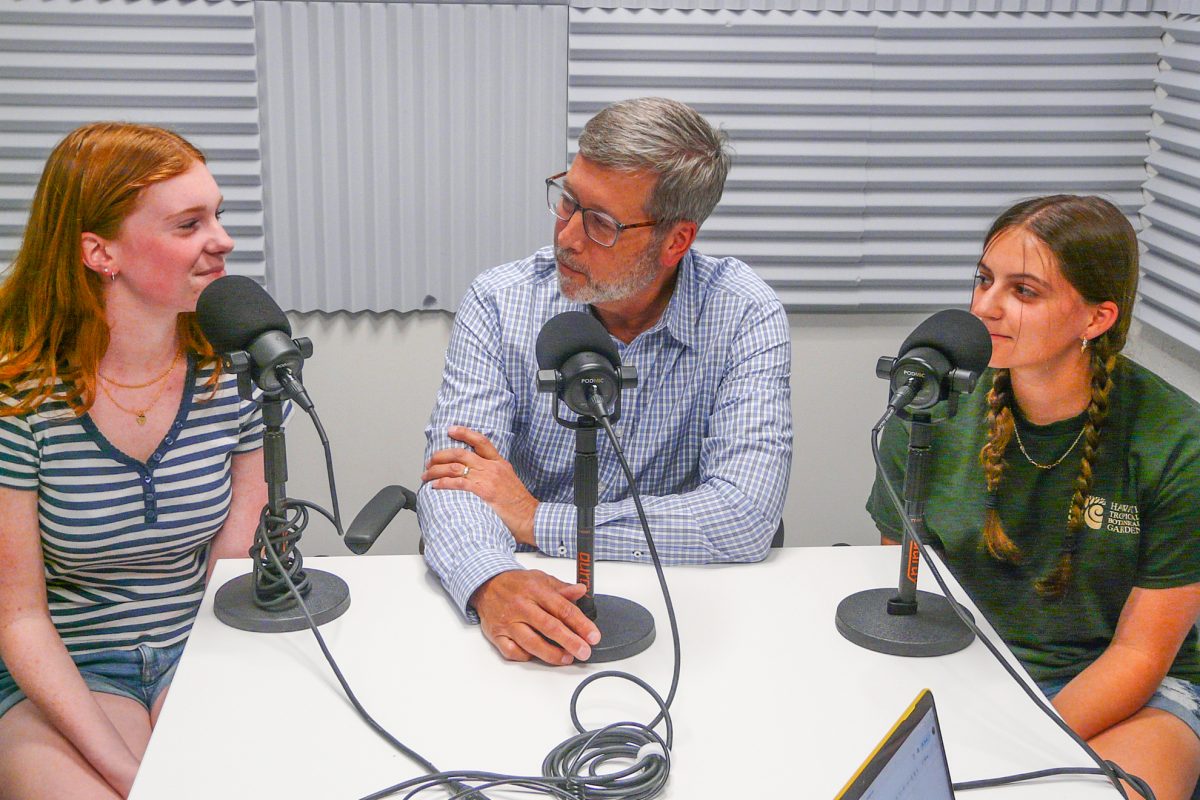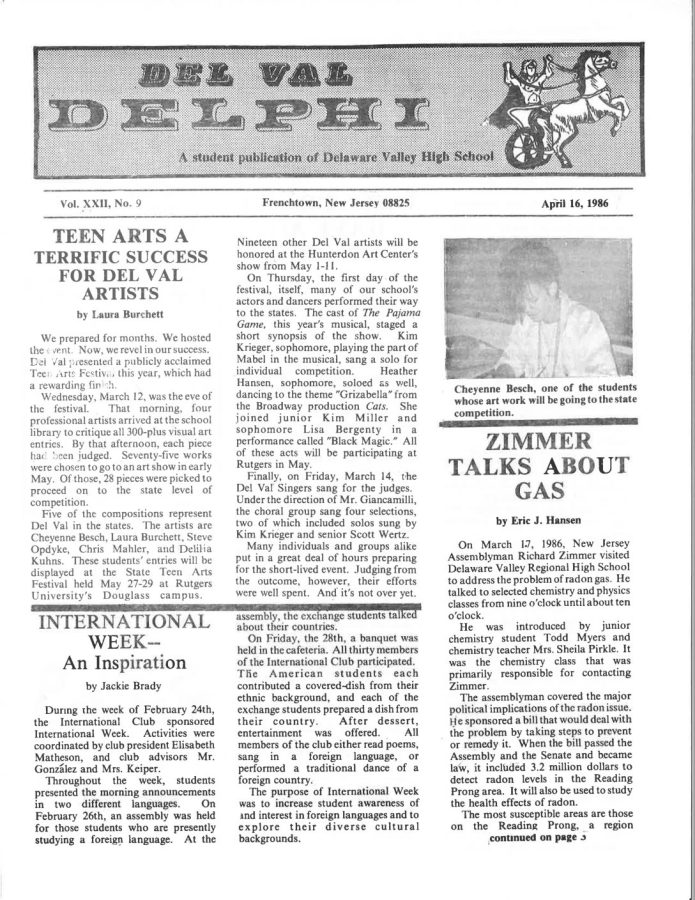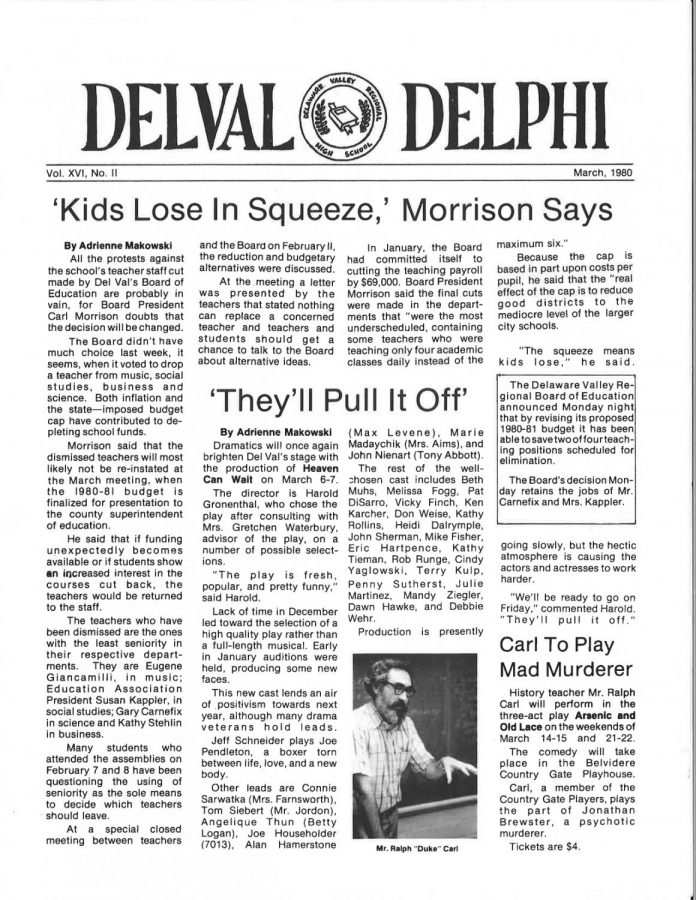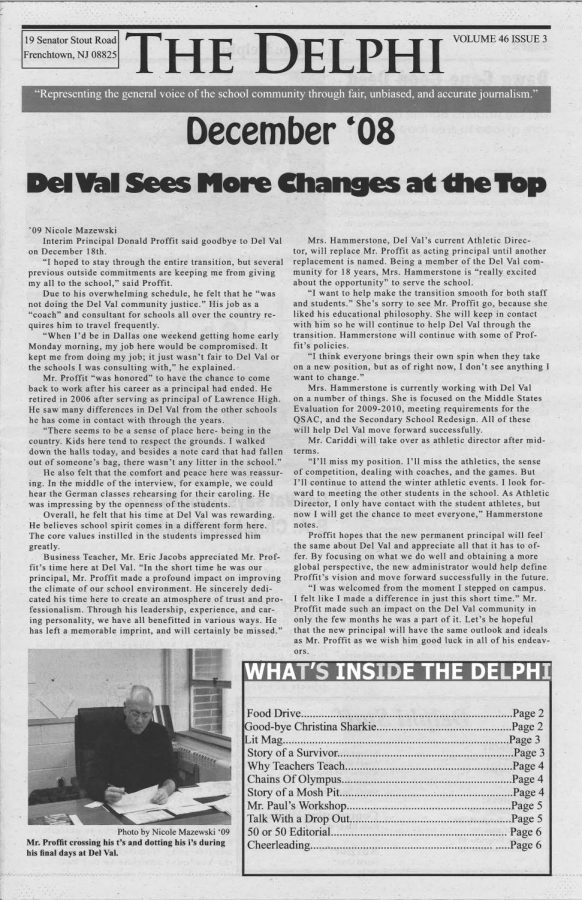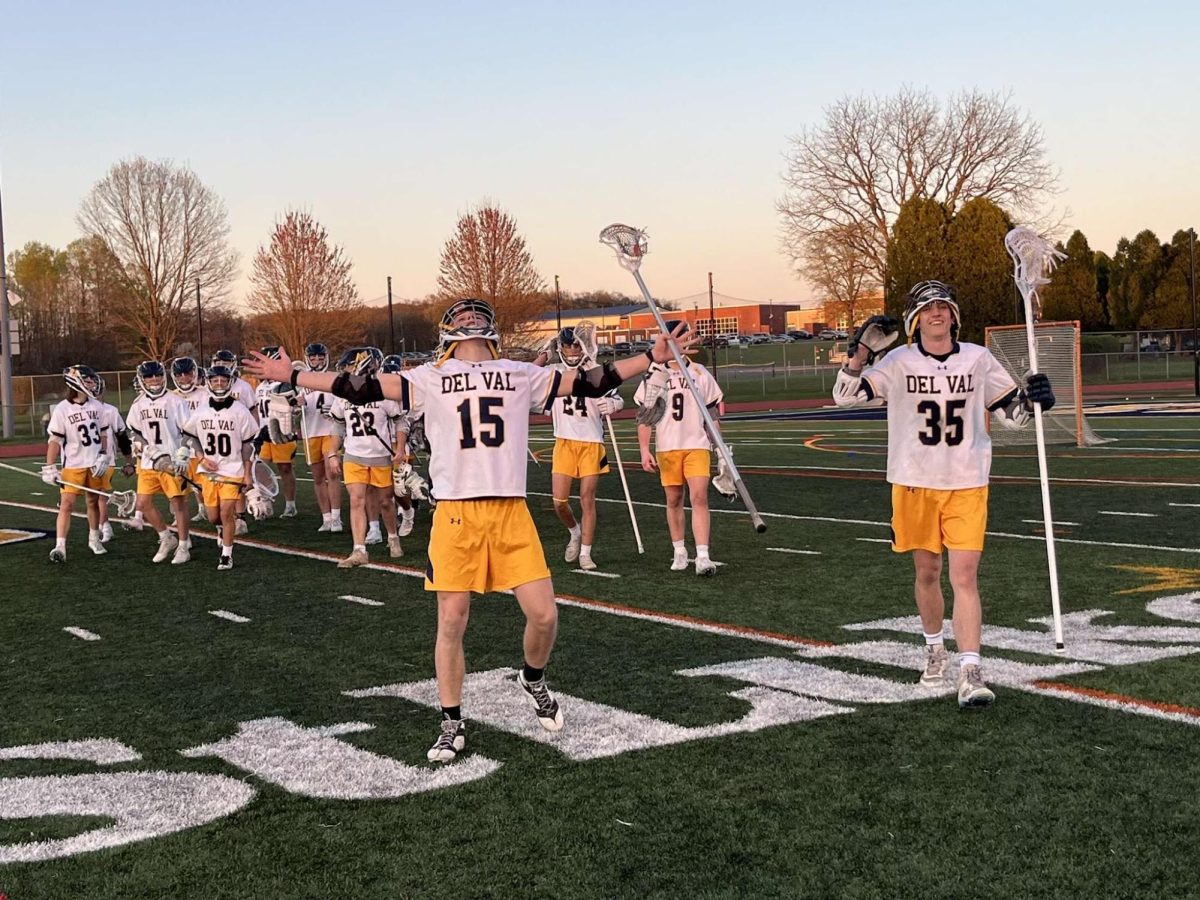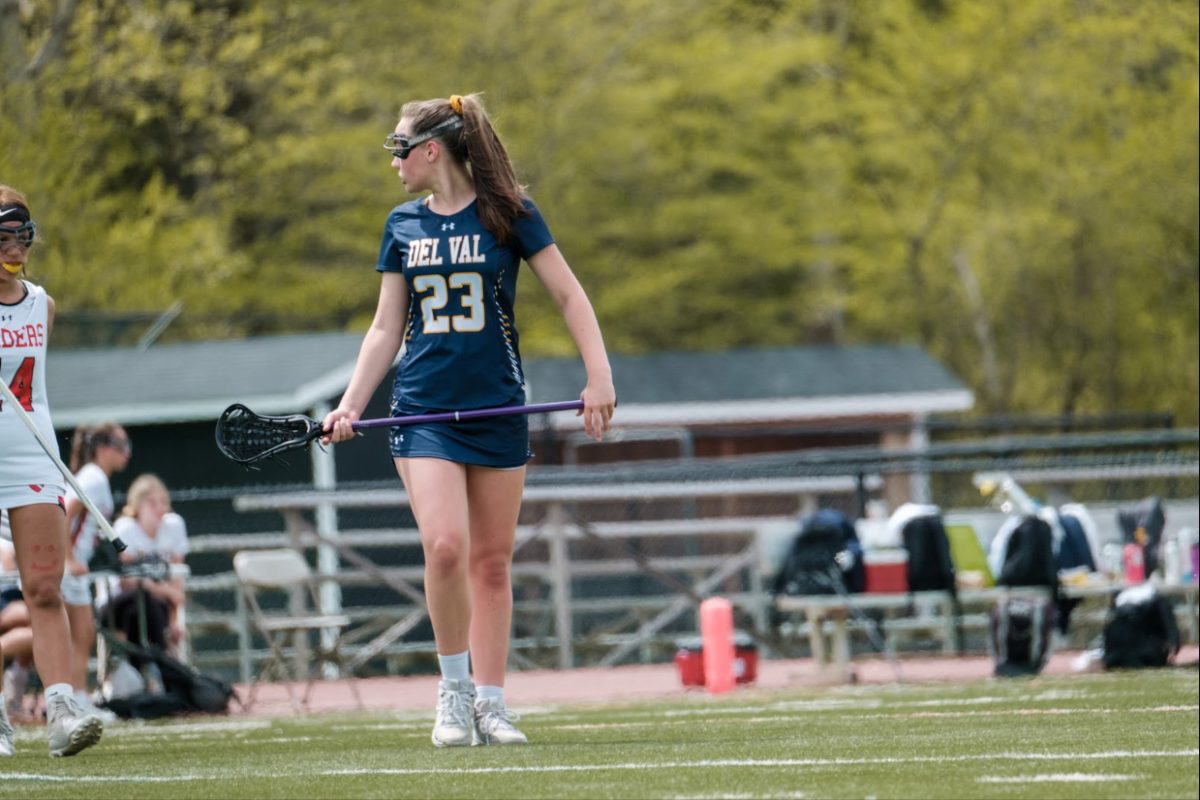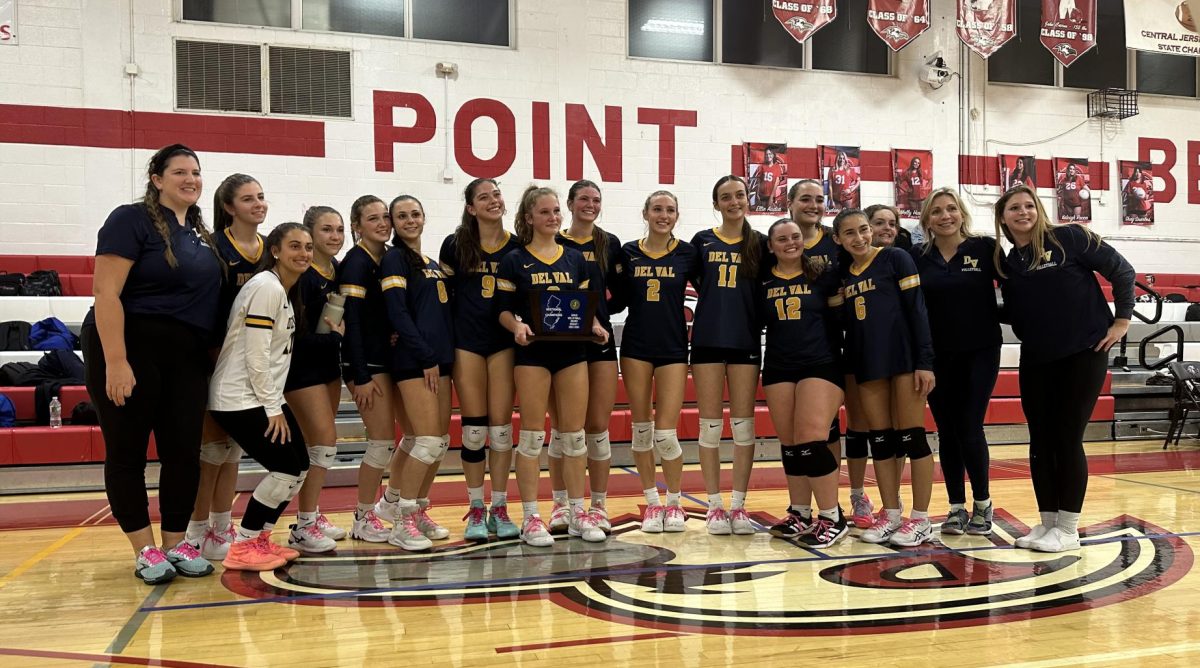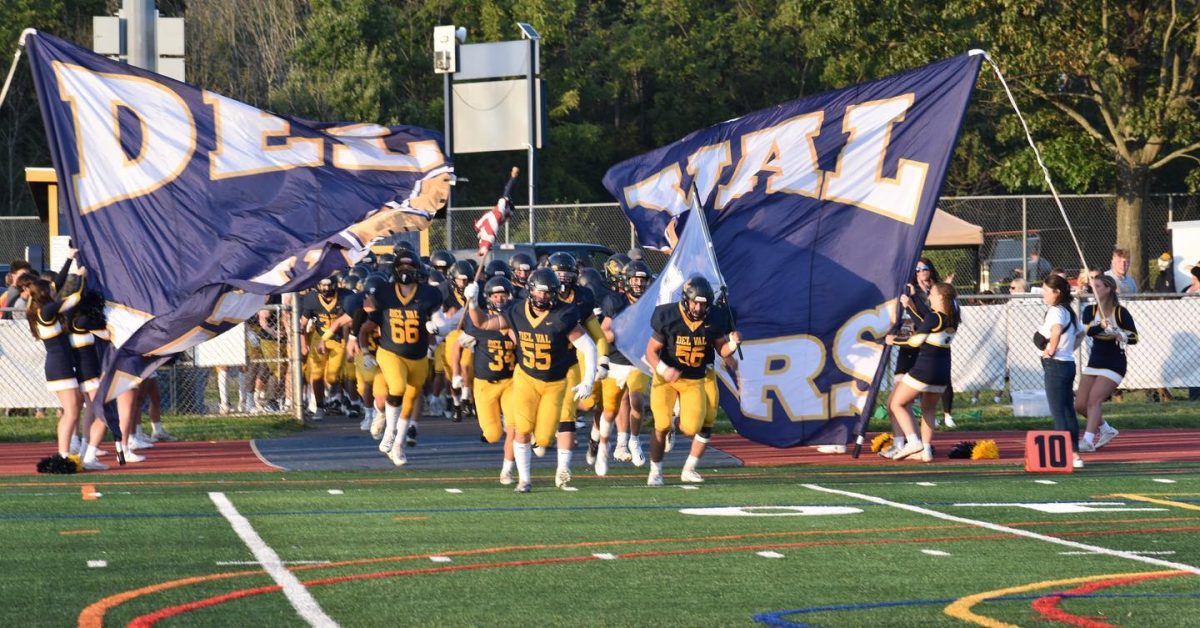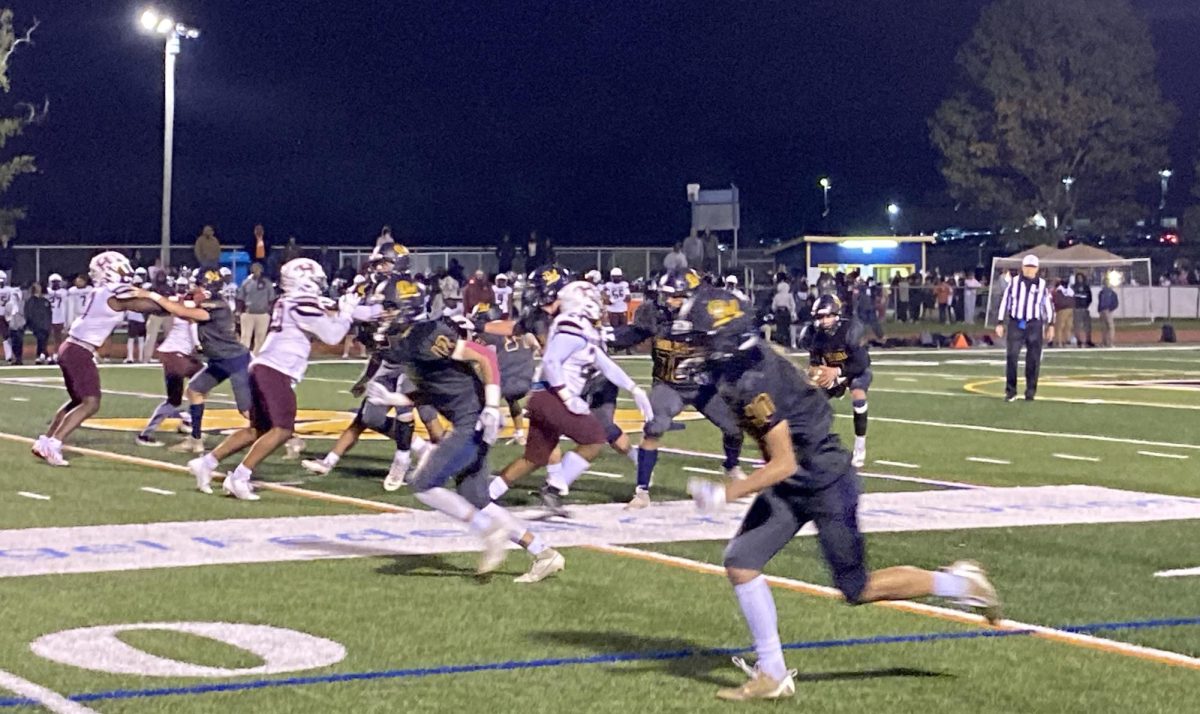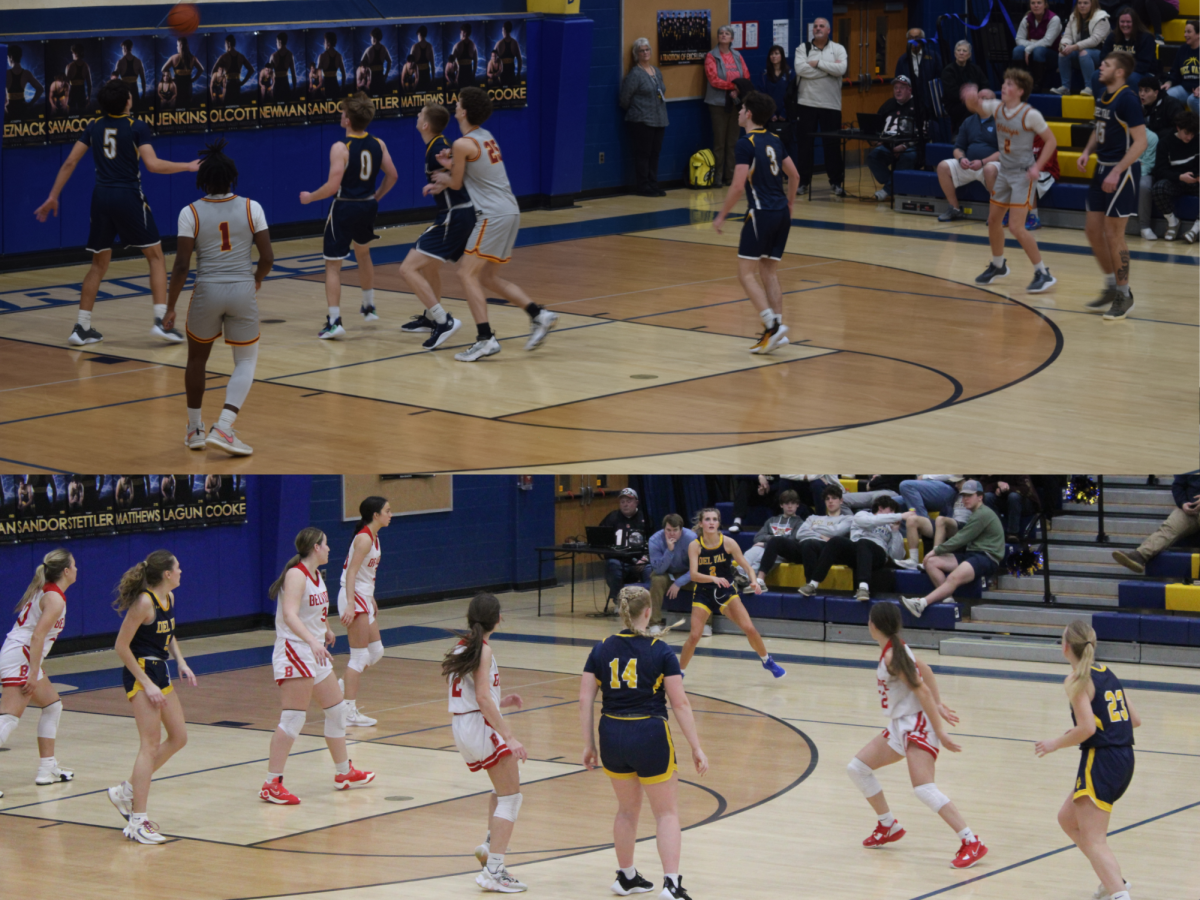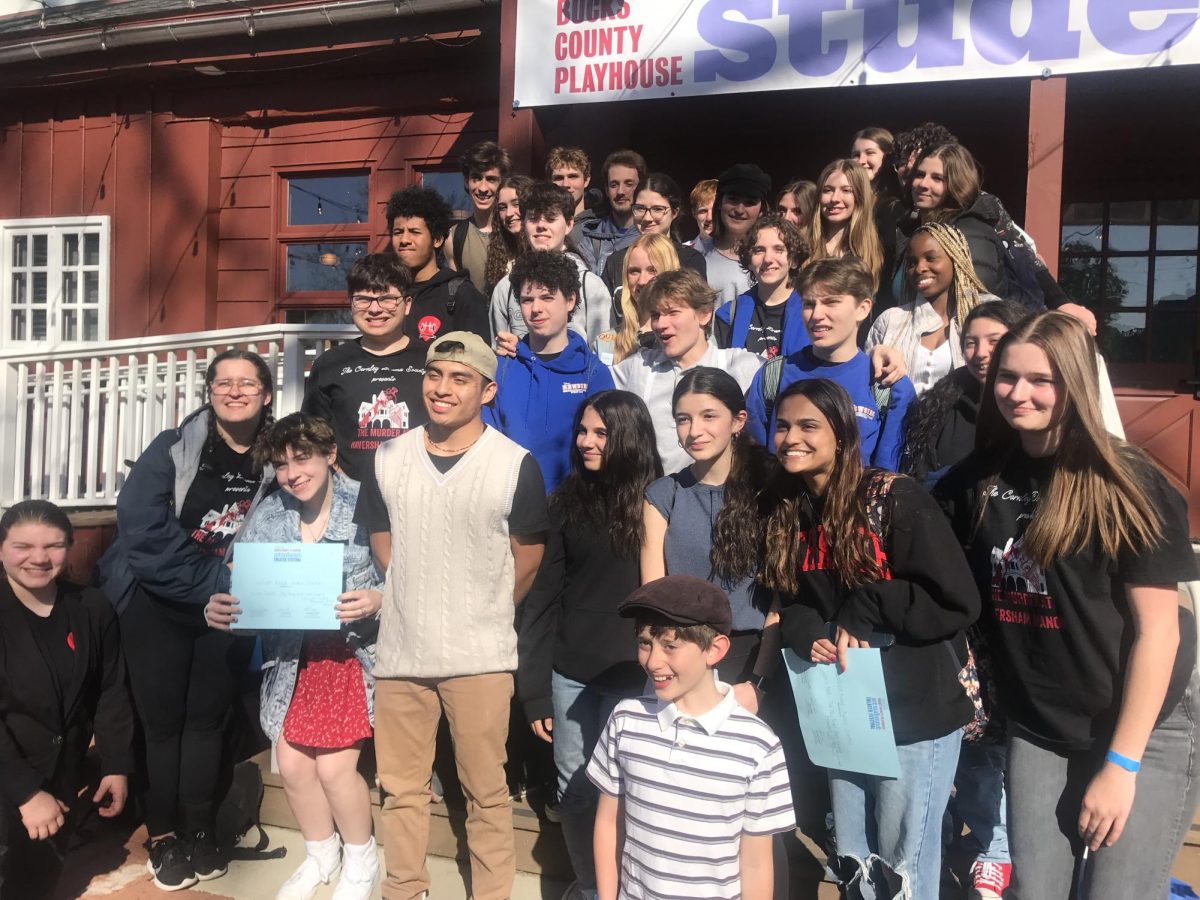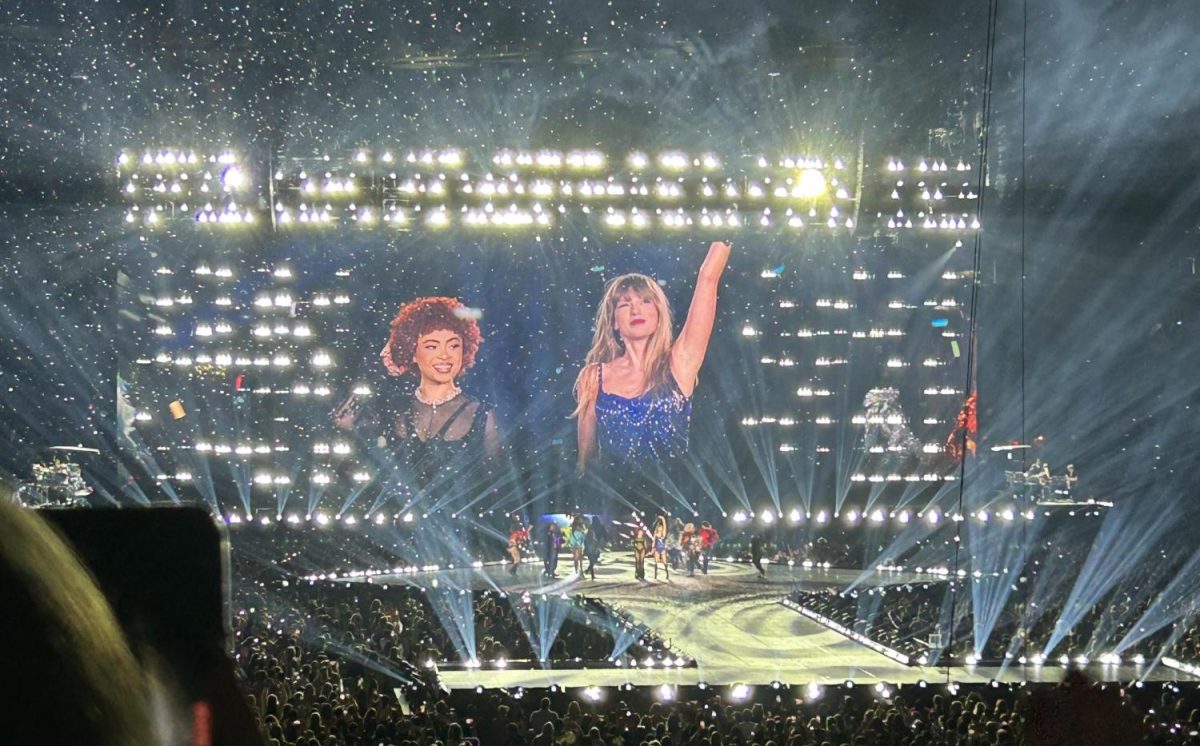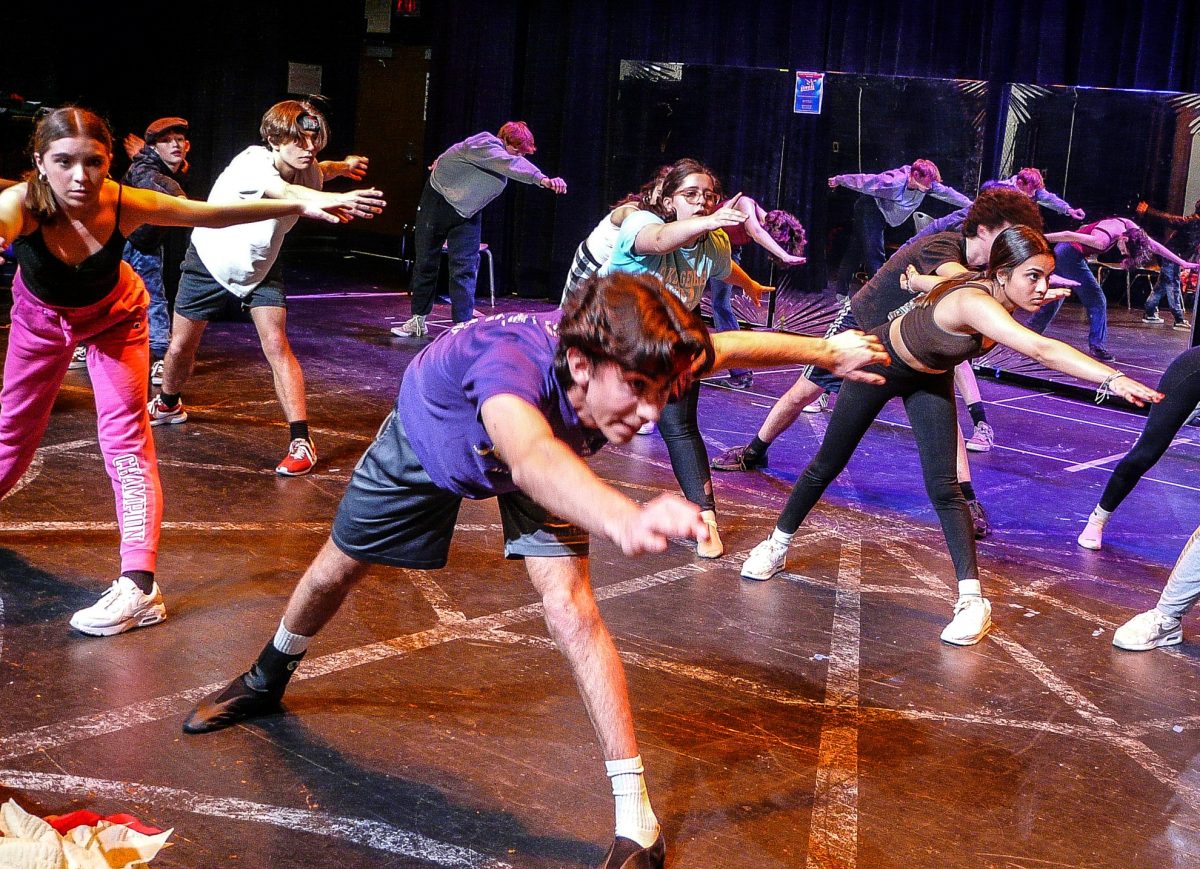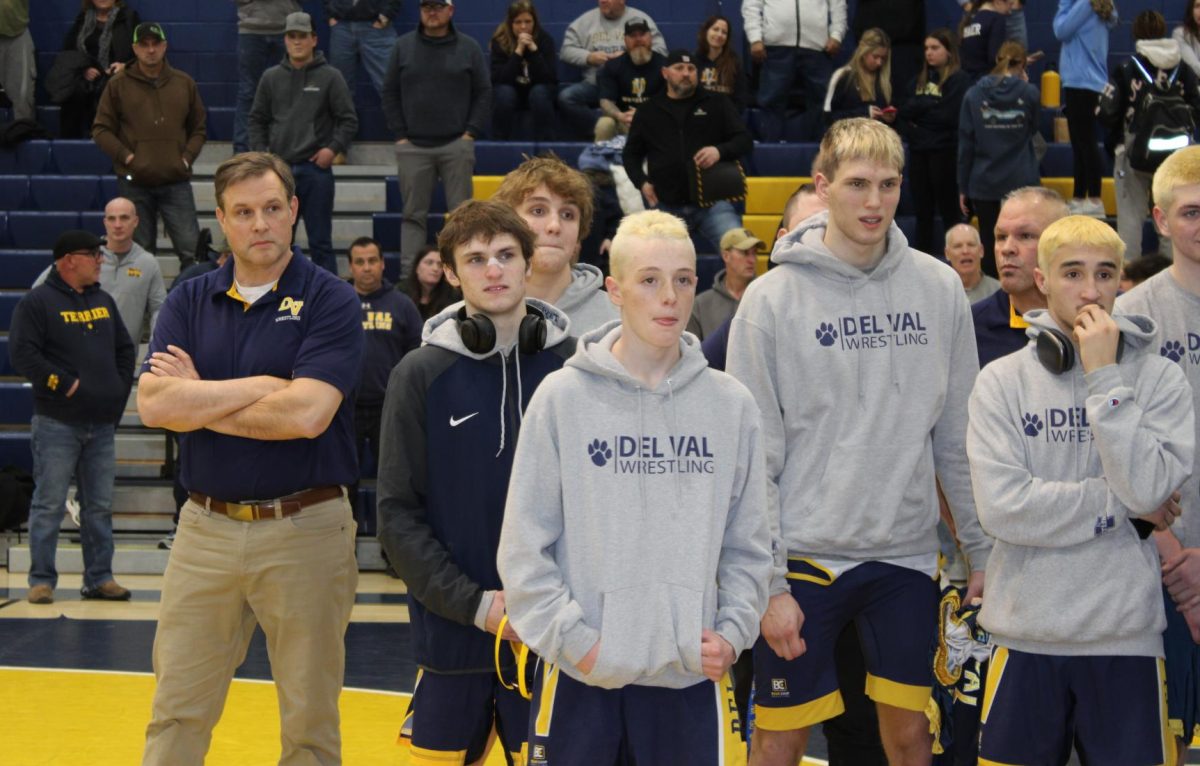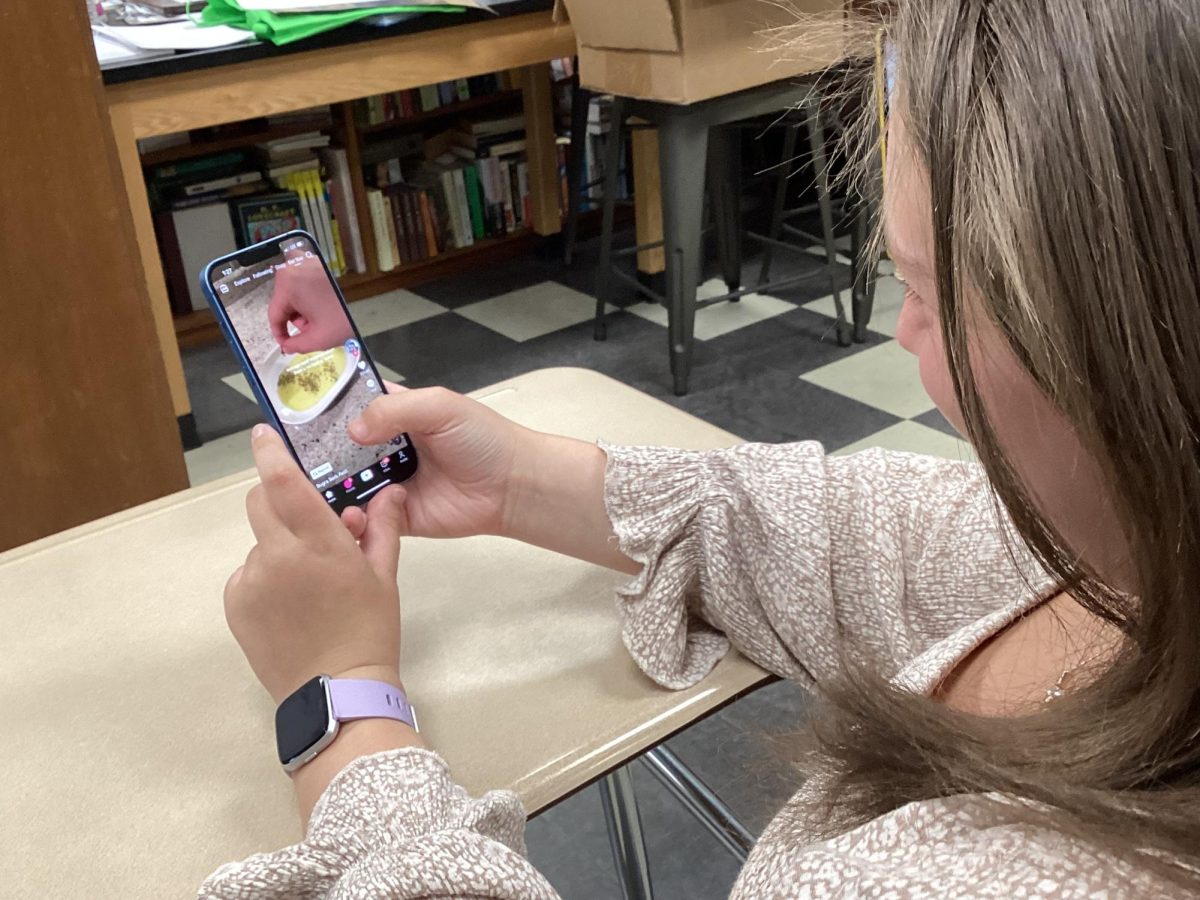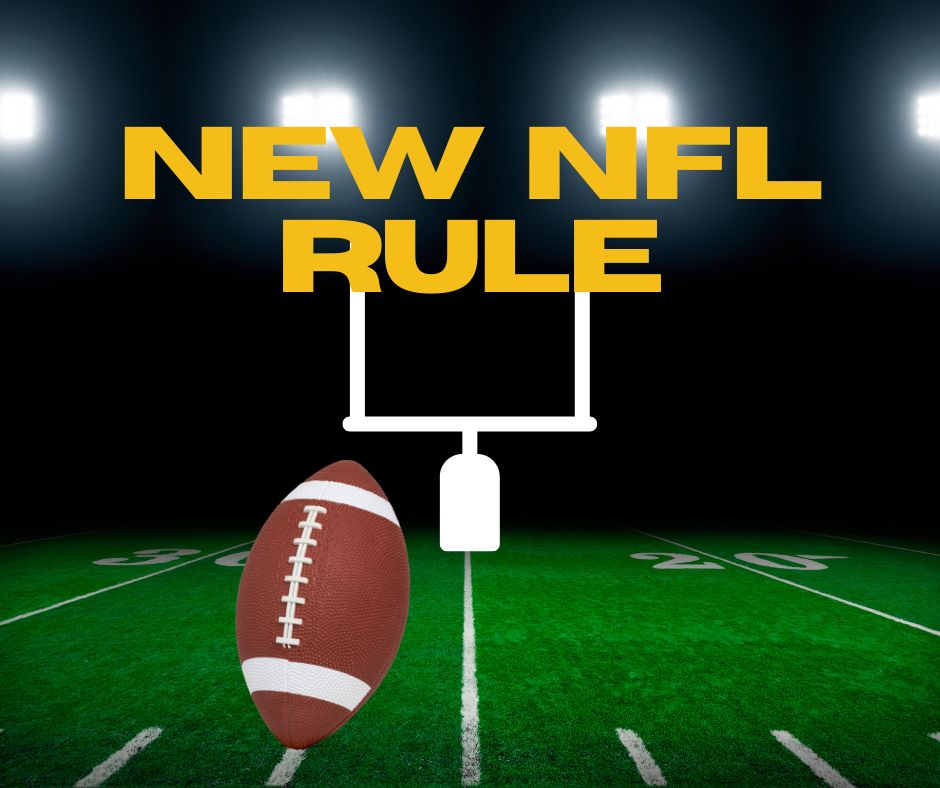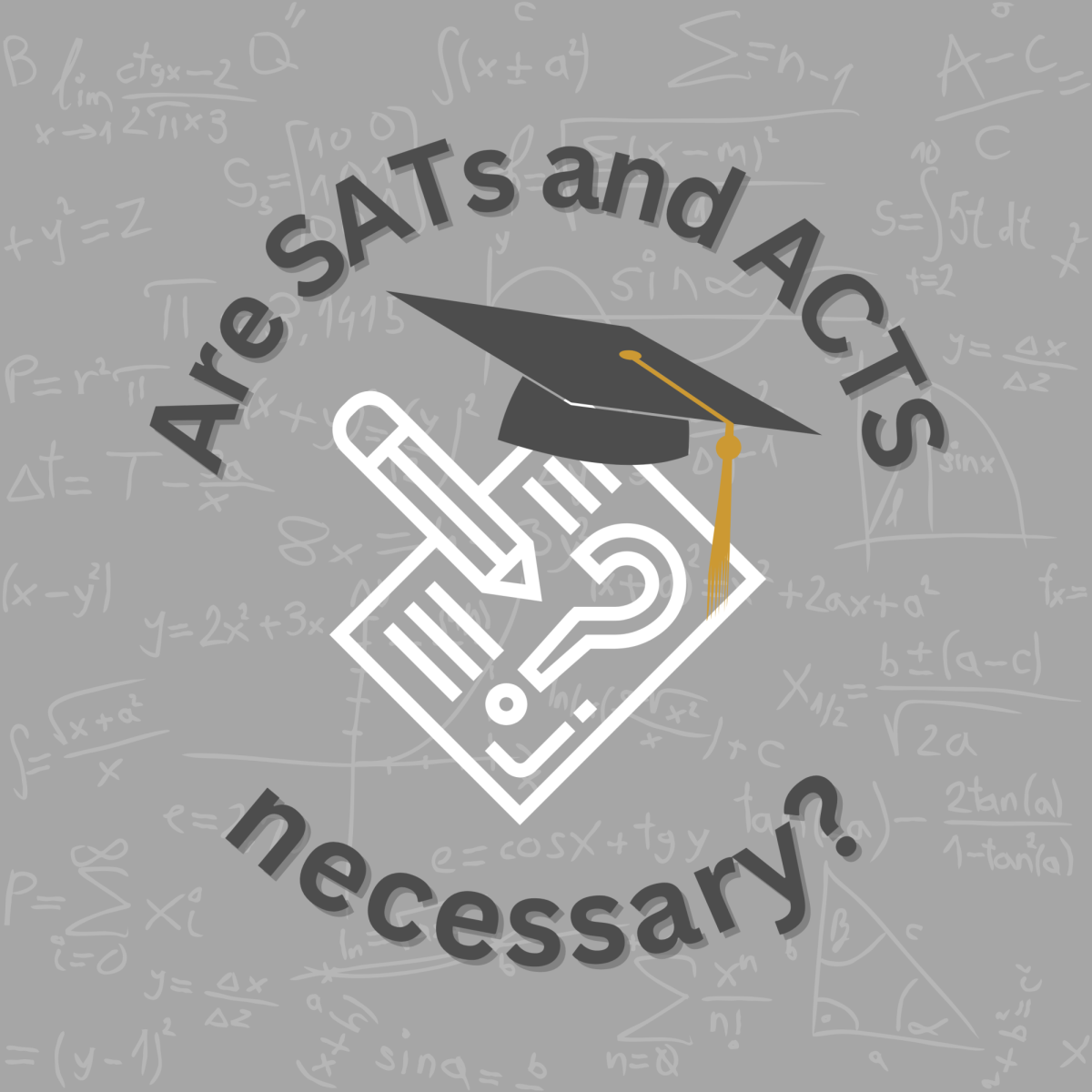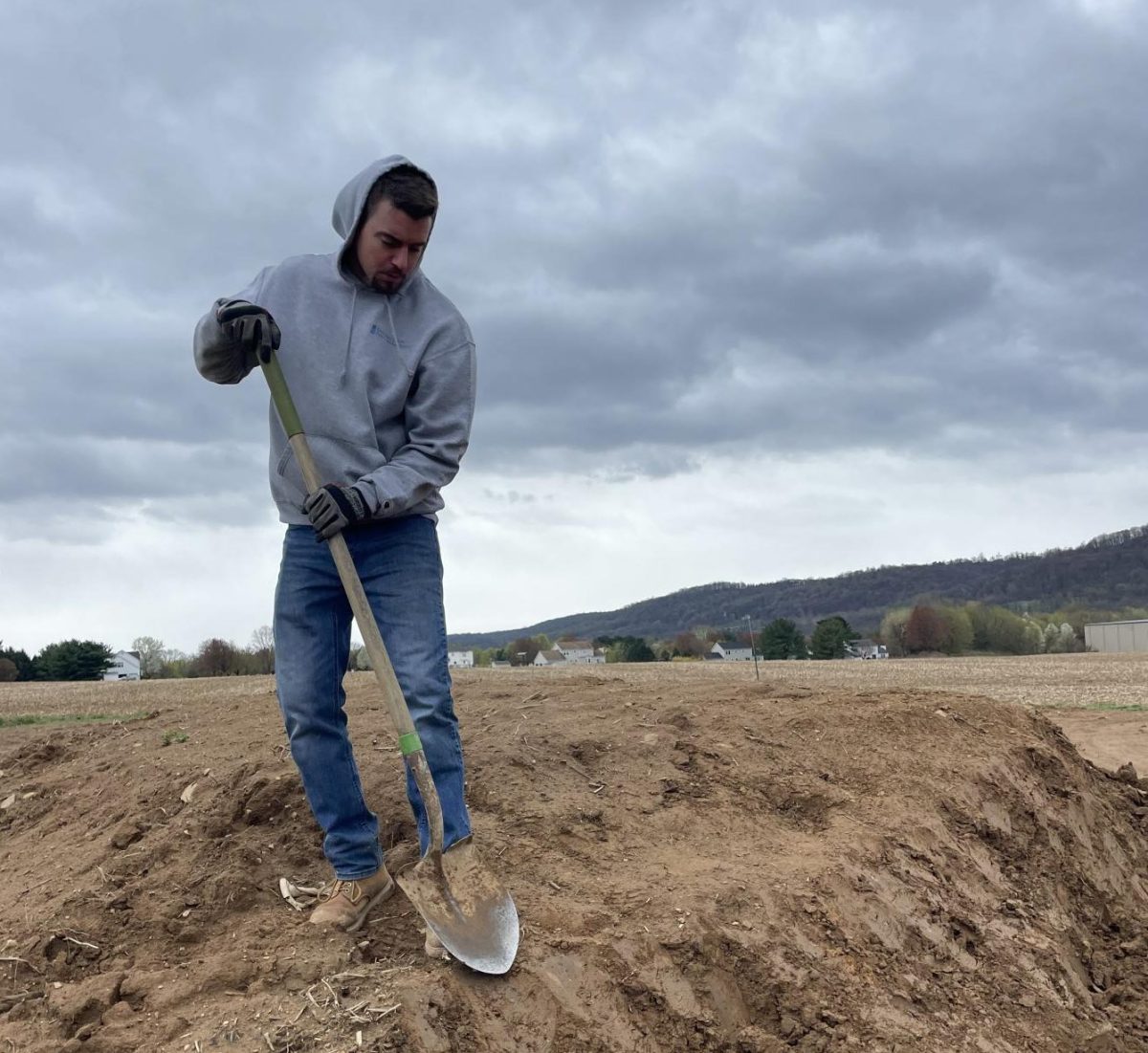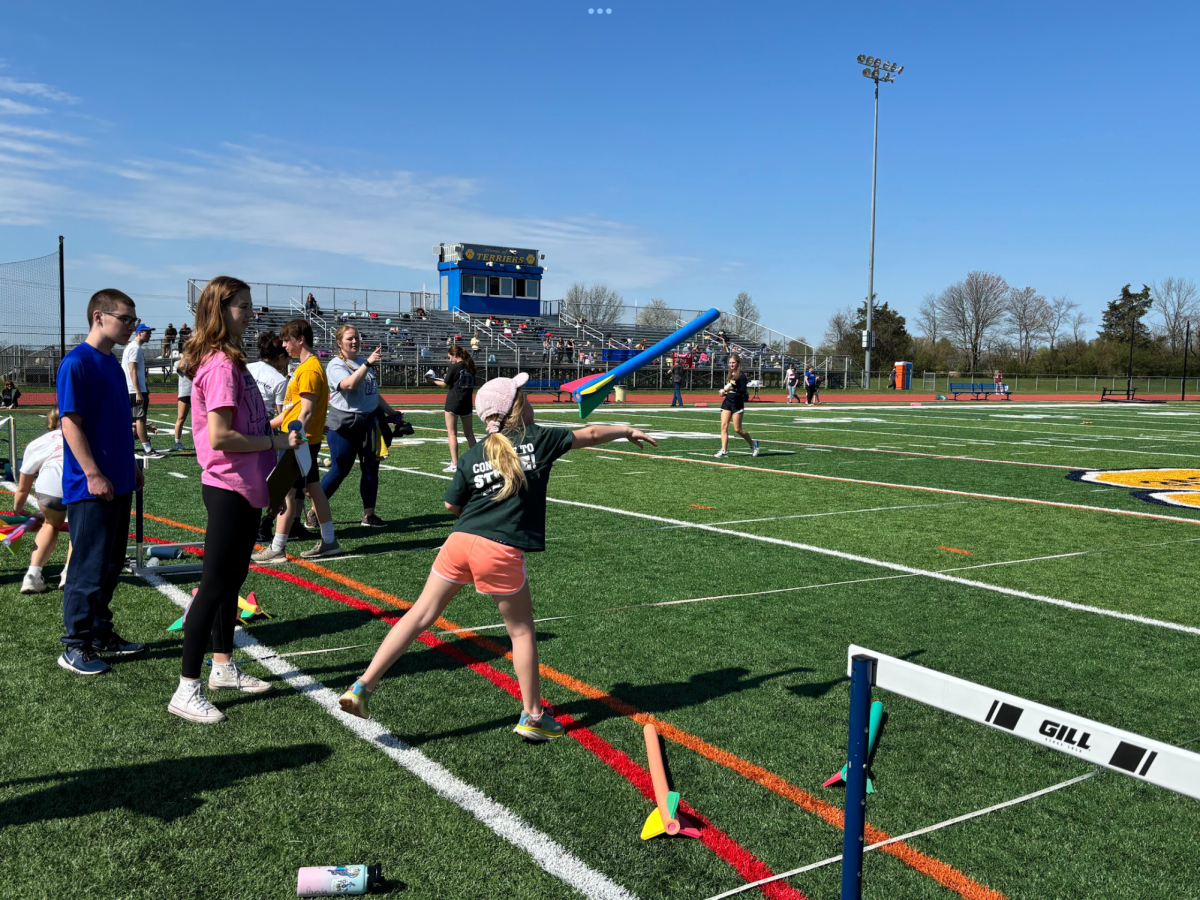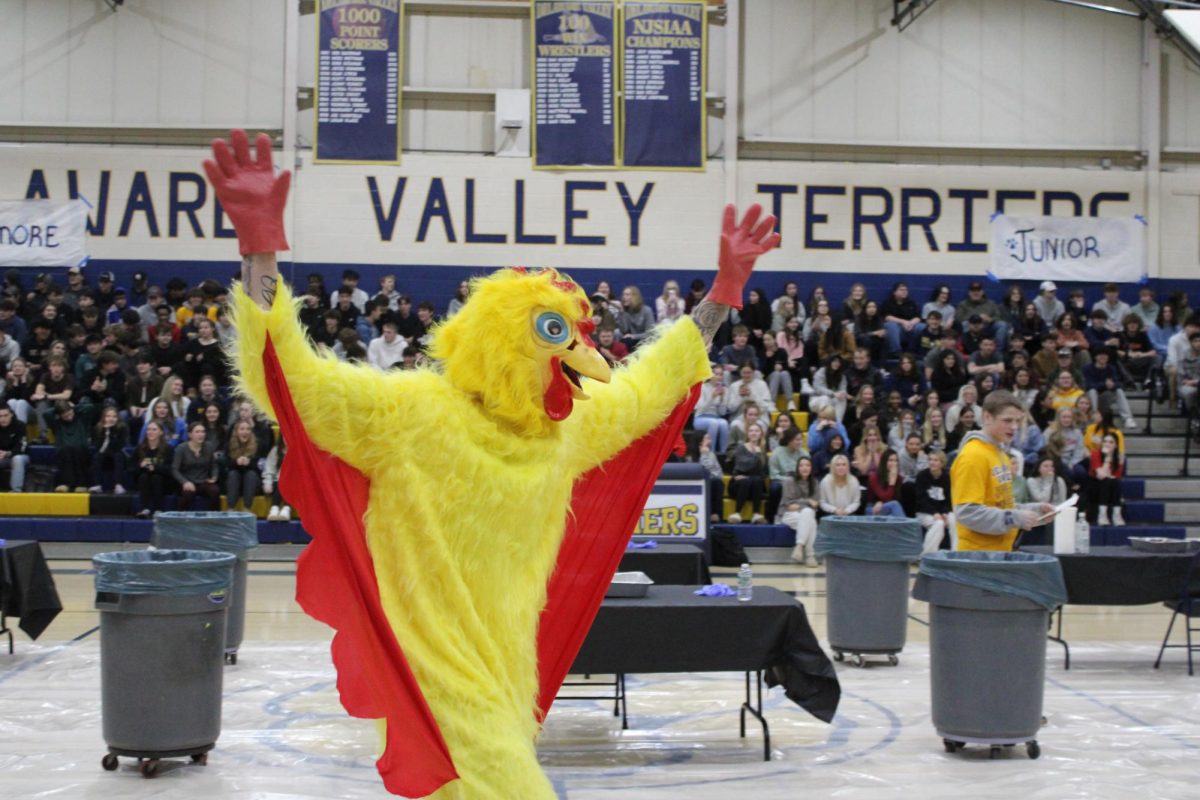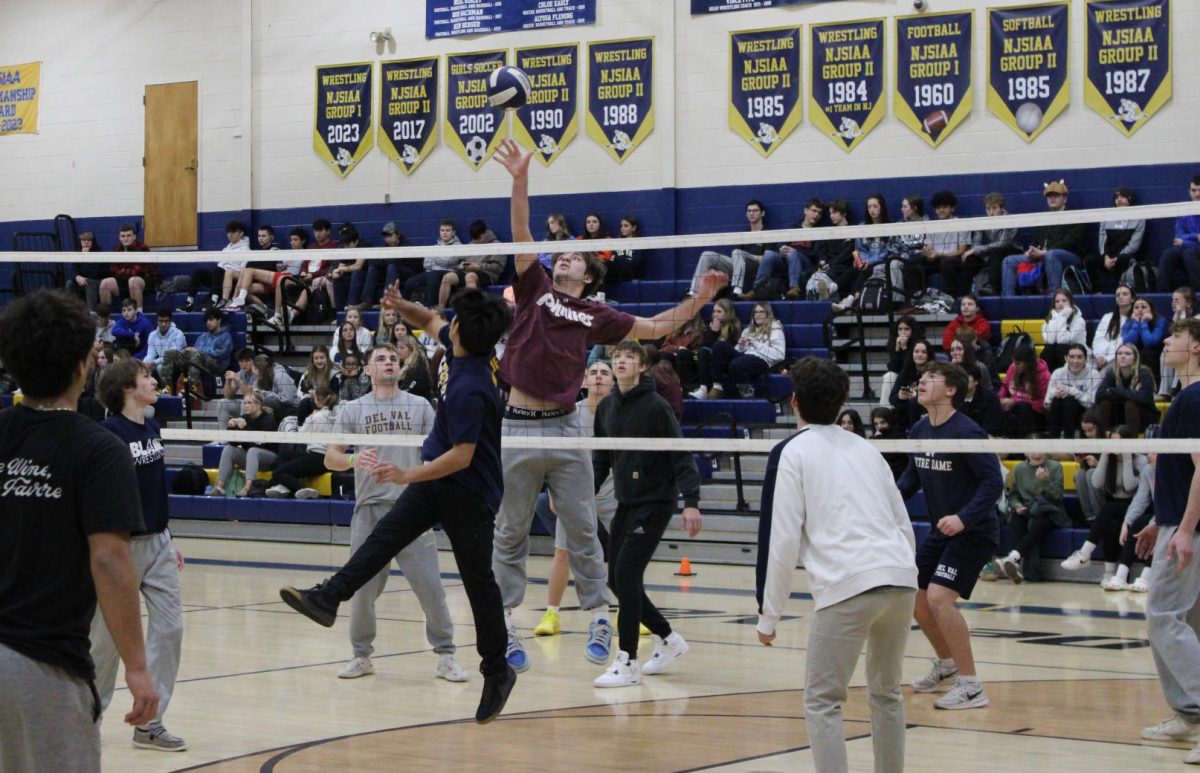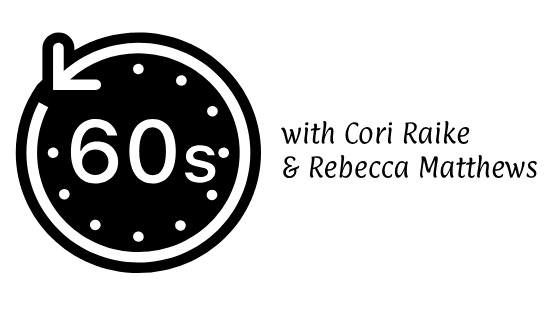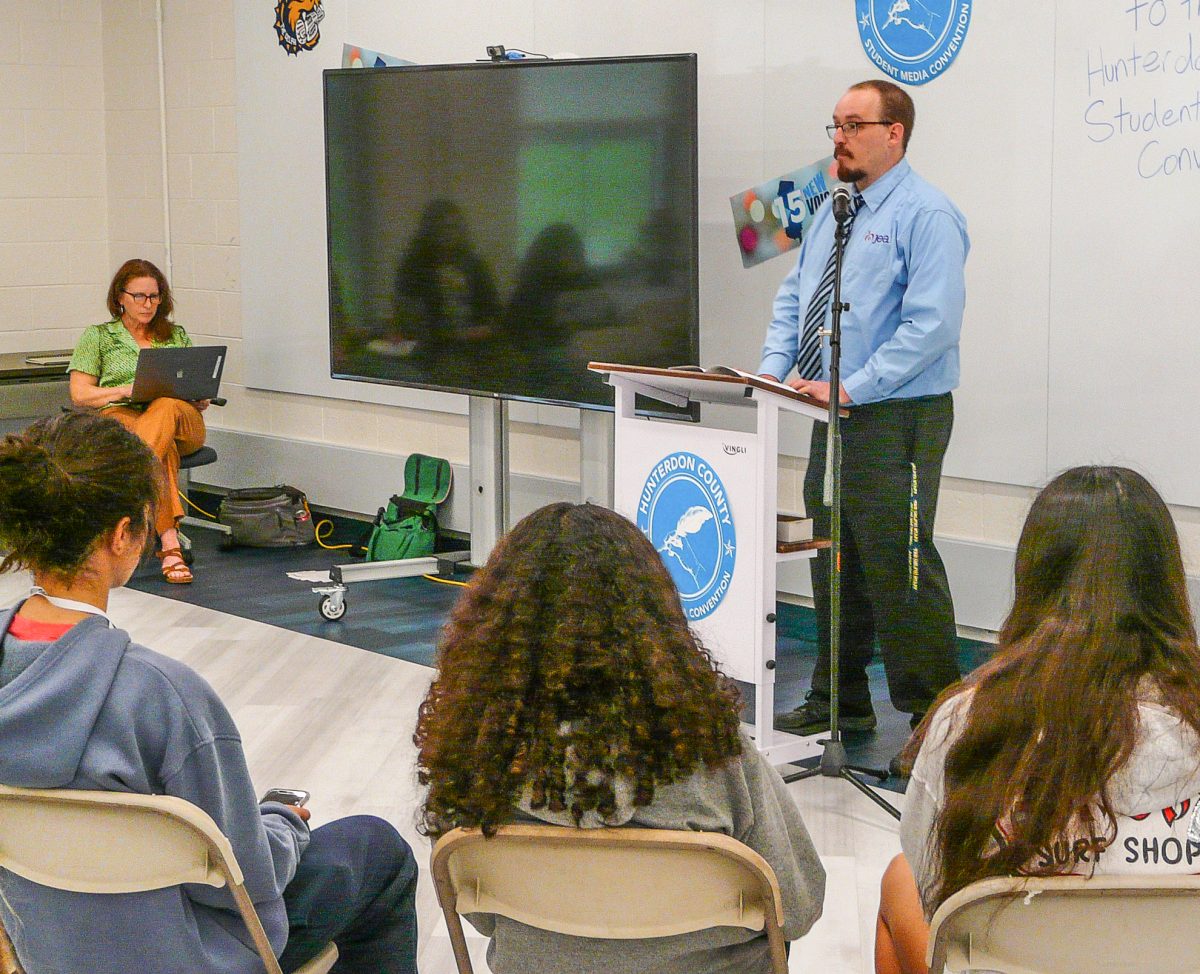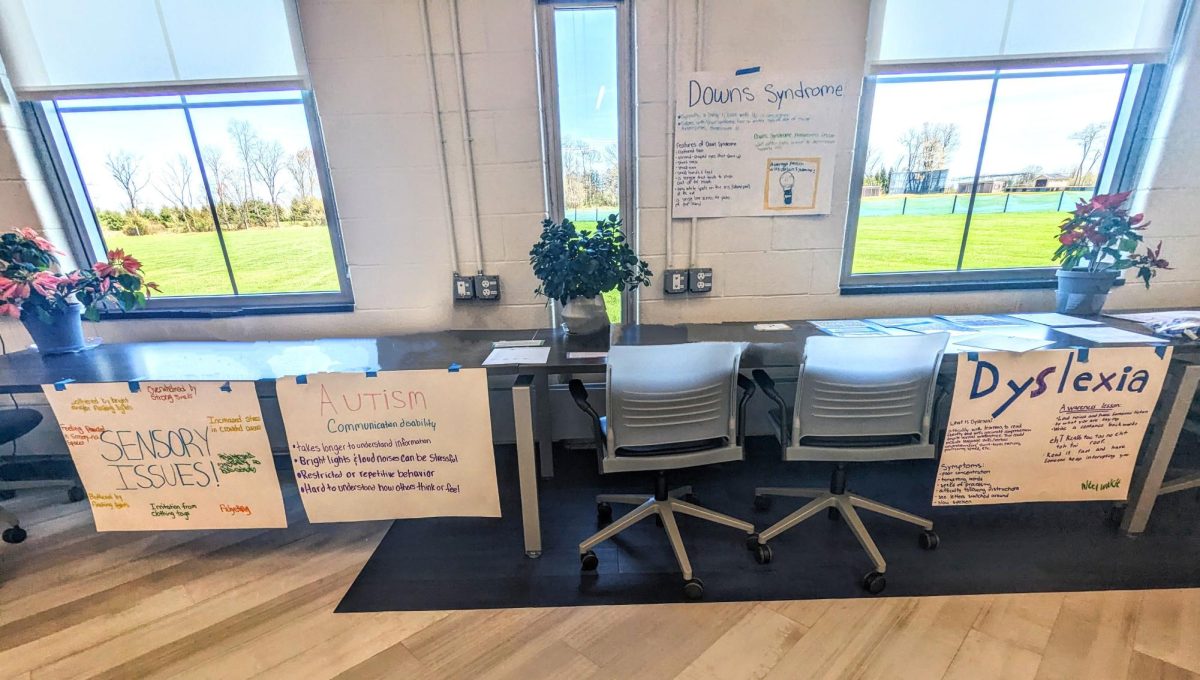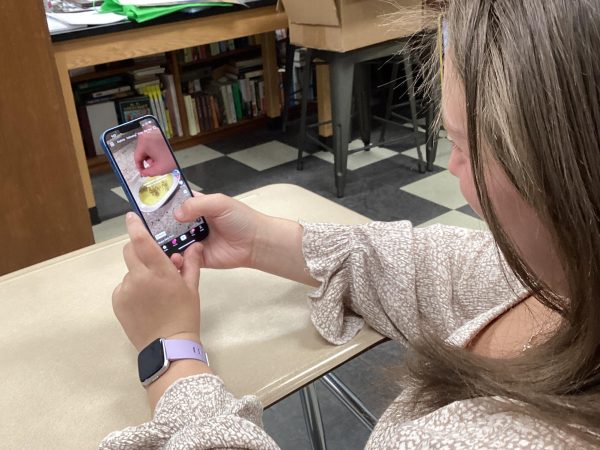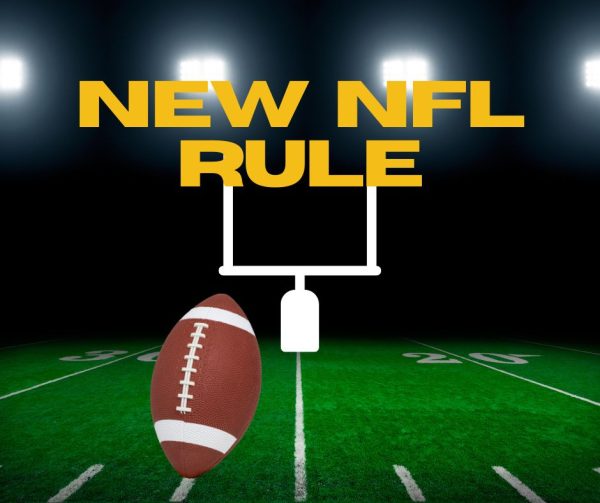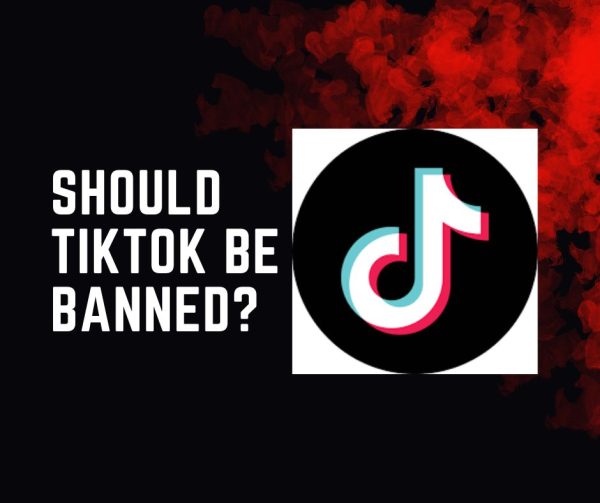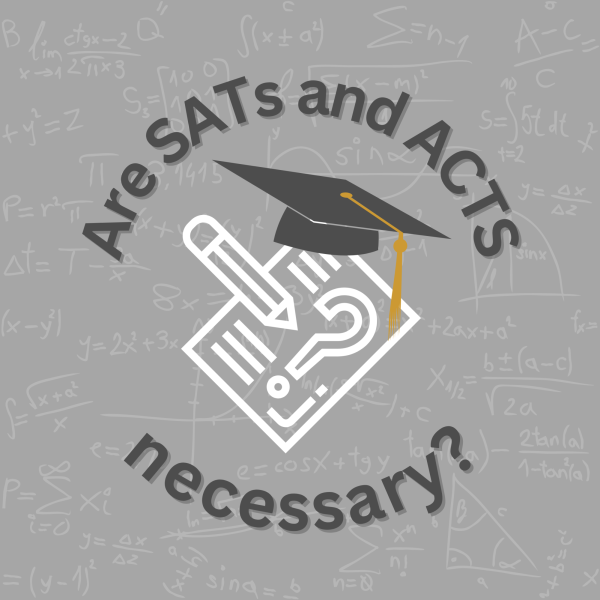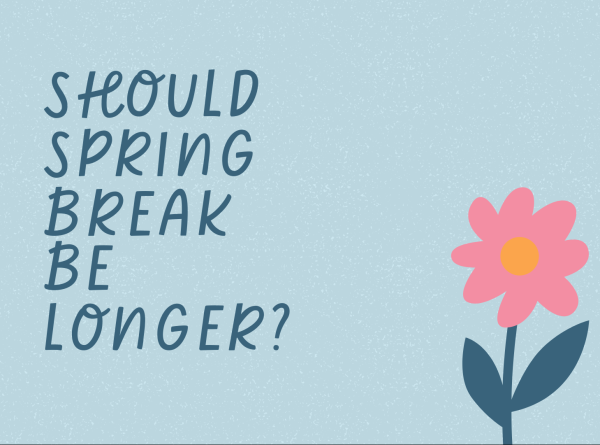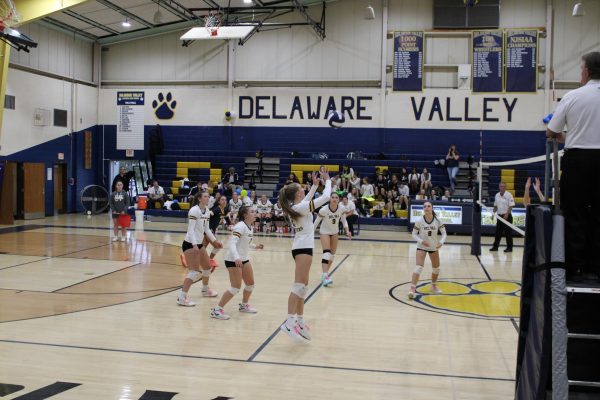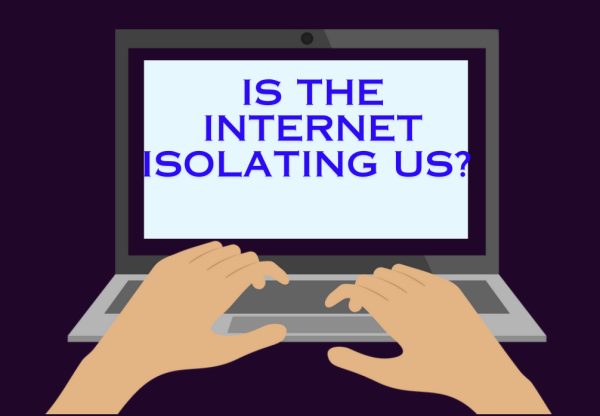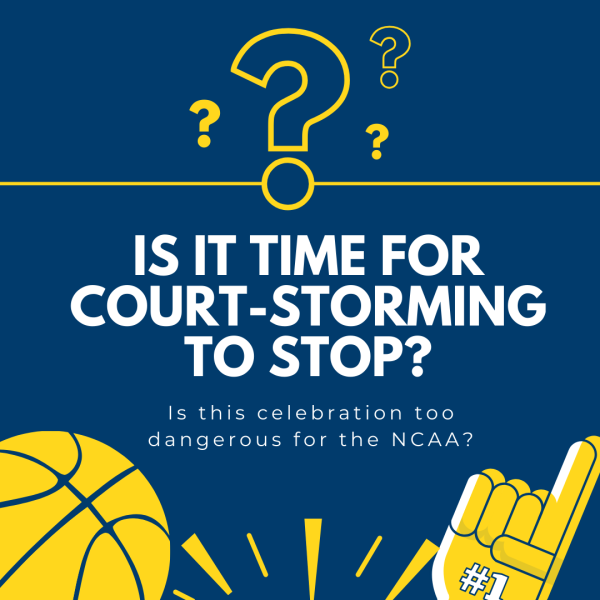How Safe Are Your Kids?
Hannah Spinetta, editor for The Delphi, shares her opinions on kids having social media.
October 27, 2020
It’s not uncommon for me to see younger kids on my social media.
After introducing themselves and sending a picture, I can immediately tell their age. I’m almost eighteen, and personally I don’t feel comfortable having someone I could babysit texting me. It makes we wonder: should parents allow their young children to put their faces and personal lives on display?
To explain the dangers of an online presence, consider the threat of pedophilia. With the advancement of technology, it is so much easier for pedophiles and other predators to find where children live, and even where they are at that exact moment. And social media having the ability to broadcast your location, the time you received messages, when you send them, and even a map where anybody on your account can go straight to you (Thanks, Snapchat), its easy for a predator to find children and stay hidden all the while. Essentially, they can communicate freely and easily with any minor they want to. They can also hide themselves through social media apps, pretending to be someone they’re not.

Even though young adults are often taught the concept of “stranger danger,” these “strangers” have become even more prevalent with the introduction of social media. Sure, kids have repeatedly been told not to talk to anyone they don’t know, but that warning wasn’t always applied to the internet world. Teenagers may not think someone on the internet has bad intentions, but the reality is that they just don’t know. Unfortunately, many parents neglect to inform their children about the dangers that they are often unaware of themselves.
However, parents don’t have to panic. Despite these dangers, there are training services available for parents, which educate them about who their children might come in contact with. Delaware Valley Regional High School counselor, Mr. Woodland, said “The prosecutor’s office usually runs a training, more of how to properly supervise your kids while they’re on social media.” This training is very important for parents who may be unfamiliar with modern technology in order to learn how to keep their kids as safe as possible. This way, parents can more easily understand how to operate their child’s social media, perhaps putting safety restrictions on their children’s accounts. “Having a little more education would be helpful [for parents],” Mr. Woodland said. Ultimately, having a little more knowledge of social media would be beneficial to parents with younger kids.
Social media has become such an important part of people’s everyday lives, especially teenagers. With kids beginning to use it at an increasingly younger age, it’s simple for predators to contact children without their knowledge. The best way for parents to keep their kids safe is to be able to talk openly with them about their social media use. “There needs to be open dialogue with the parents about what rules are in place for using social media,” suggests Woodland. The more a child can comfortably talk to their parents about social media, the easier it will be to keep them safe.
Even though social media can be a fun thing for children to engage in, it has a lot of dangers and disadvantages that come with it. Compared with older children and young adults, younger children tend to be too trusting, and more likely to fall into the trap of a predator. For this reason, younger children shouldn’t have social media accounts, and if they do, it would be a good idea for parents to supervise their accounts and discuss potential with them. Because truth be told, the online world is just as scary as the real world.








